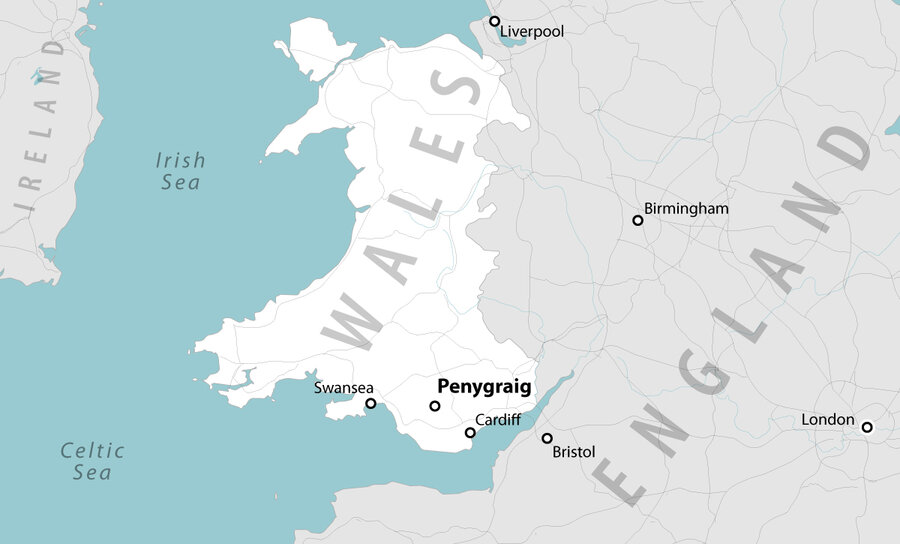‘Safety first’ is often avowed as a corporate priority. But in a marketplace that also values metrics like price, profits, and speed, Boeing has become a high-profile test case for that ideal.
Monitor Daily Podcast
- Follow us:
- Apple Podcasts
- Spotify
- RSS Feed
- Download
 Noelle Swan
Noelle Swan
Today’s stories include a struggle to restore corporate trust, the complex nature of identity in the age of Brexit, the challenge of maintaining fairness in sexual assault cases, an effort to make professional growth more attainable, and a tightrope walk between cultural appreciation and appropriation.
But first, a look at people power.
From Chile to Lebanon, Iraq to South Africa, people are taking to the streets. Their demands vary from country to country, and often from protester to protester. In each case, the spark that set the people alight has been unique to that place, that time. But a common fuel courses through each movement: a desire for justice and liberty shaped by the people.
Popular uprisings aren’t unique to this era, of course. “It feels a little like ’68 here,” says Monitor correspondent Howard LaFranchi from Santiago, Chile, where a flare of tempers over a hike in metro fares ignited into a full blown blaze of fury over disparities in health care, education, and living conditions.
“It’s a watershed moment for Chile for sure,” Howard tells me. “What’s hopeful about it is a new sense of solidarity that people recognize is coming from the youth. That’s why the adults are behind the kids marching.”
Likewise in Barcelona, Hong Kong, and Beirut, young people have emerged as the collective force behind the surge in protests. Mixing lessons from previous generations with the tools of social media, they have given birth to a different kind of collectivism. Whether they can achieve their aims without any defined leadership remains to be seen. But what has become undeniably clear is that they will continue to fight for their own visions of liberty and justice, together.










